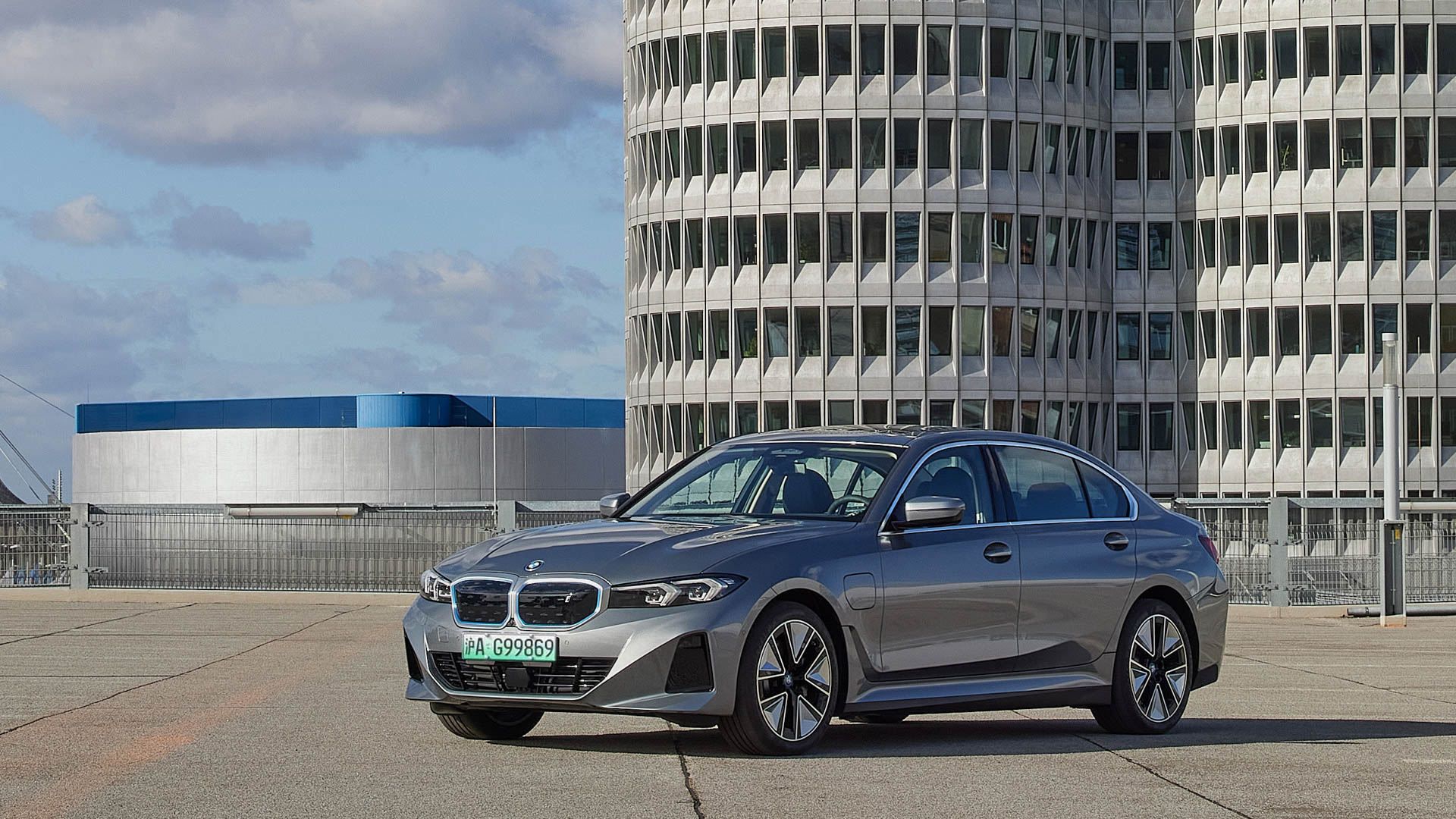

Most of BMW’s main competitors have dedicated EV platforms on which to build electric cars. The Volkswagen Group as two—MEB and PPE—Mercedes has the MEA platform, Cadillac uses GM’s Ultium platform, and Ford has the GE1. However, BMW’s past messaging about electric architectures has been confusing and inconsistent, with talks of shared powertrain platforms, and even building individual one-off platforms for cars like the BMW iX. Now, though, it seems as if BMW has finally gotten its act together with its upcoming Neue Klasse platform, which is said to be coming in 2025.
The Neue Klasse (German for “New Class”) name means a lot to BMW. It represented a generation of cars that helped make BMW the success it is today, such as the iconic BMW 2002. It’s hoping that this new Neue Klasse will do for the brand what the old Neue Klasse did back in the ’60s and ’70s.
Neue Klasse is going to be an all-electric platform that will underpin most of BMW’s future models. However, BMW initially botched its communication for it. At first, Neue Klasse was said to be a flexible architecture that could support both electric and internal combustion powertrains. BMW originally felt that a flexible platform was more efficient and more profitable. Though, BMW seems to have come to its senses a bit and has decided to drop the internal combustion engines and make the Neue Klasse all-electric. And for the first time, BMW finally hinted to the electric cars that will launch in 2025 with the new platform.

In a recent statement, BMW CEO Oliver Zipse teased future models, saying: “For the launch of the Neue Klasse, we are planning a compact sedan in the 3 Series segment and a sporty SUV.”
That sounds an awful lot like the first two electric Neue Klasse cars will be 3 Series and X3 variants. Nothing is confirmed just yet but it’s pretty easy to read between Zipse’s lines. There will also be piston-powered versions of the 3 Series and X3, built on BMW’s flexible CLAR platform, but the Neue Klasse versions will be all electric. It’s similar to Mercedes’ strategy, with cars like the S-Class and all-electric EQS.
The confusion isn’t over just yet, though. Since Neue Klasse vehicles don’t launch until 2025, any BMW EV that debuts prior will be based on the current CLAR platform. That includes both the new BMW i7 and the upcoming BMW i5, which will debut next year. To make matters even more confusing, the new all-electric iX1 is built on BMW’s FAAR front-wheel drive platform, the same one shared by the gas-powered X1, 2 Series Gran Coupe, and all Minis. Speaking of Mini, the electric Mini Countryman, which will also premiere next year, will be built on FAAR. As you can see, BMW desperately needs one dedicated electric platform for all EVs.
BMW’s goal is to have EVs make up 50-percent of its sales by 2030 and its Neue Klasse platform is the only way it’s going to do that. An all-electric platform is far superior to a powertrain-flexible one, in terms of weight, packaging, interior space, and comfort. With all of BMW’s competitors using dedicated EV platforms, it’s good to finally see BMW get its act together and do the same.
Have any tips? Send them to info@thedrive.com